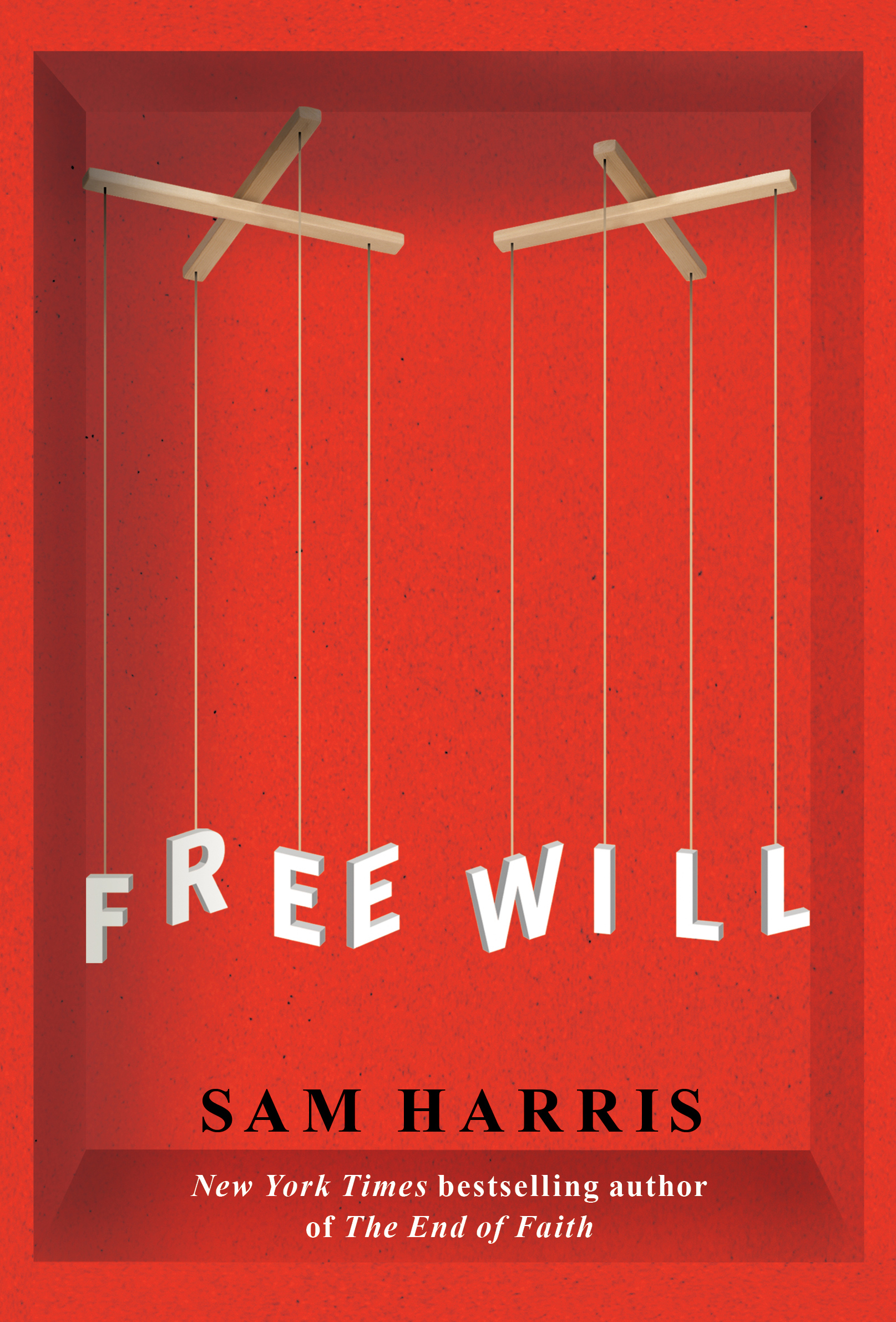TL;DR
In 'Free Will', Sam Harris argues that the belief in free will is an illusion that shapes our understanding of morality, law, and personal responsibility, prompting us to reconsider fundamental questions about human behavior and society.
What is Free Will about
'Free Will' examines the philosophical and scientific implications of the belief in free will, asserting that our thoughts and actions are determined by factors beyond our conscious control. Sam Harris delves into how this realization impacts various aspects of life, including morality, justice, and personal relationships. He contends that acknowledging the illusion of free will does not weaken moral accountability or societal structures but rather encourages a more compassionate and understanding approach to human behavior. The book challenges readers to rethink their assumptions about moral responsibility and the nature of choice in light of neuroscientific insights and philosophical reasoning.
Free Will 8 Key Takeaways
The Illusion of Free Will
Harris argues that the sensation of making choices is an illusion; our decisions are influenced by prior causes, many of which are outside of our awareness.
Implications for Morality
Understanding that free will is an illusion does not negate morality but prompts a reevaluation of how we assign blame and praise in our interactions.
Impact on Justice System
Harris suggests that the legal system should reflect the understanding that individuals' actions are not freely chosen, advocating for a focus on rehabilitation over punishment.
Neuroscience and Determinism
The book discusses how neuroscience reveals that decisions are made before we are consciously aware of them, supporting the argument against free will.
Compassionate Understanding
By recognizing the factors that drive human behavior, society can foster more empathy and understanding in interpersonal relationships and public policy.
Redefining Responsibility
Harris proposes a shift in how we view personal responsibility, emphasizing the need for a framework that acknowledges the underlying causes of behavior.
Social and Political Freedom
The book argues that accepting the absence of free will does not undermine freedom; instead, it can enhance our appreciation for the complex influences on human behavior.
Rethinking Achievement
Harris encourages readers to consider that feelings of pride or remorse are shaped by circumstances beyond individual control, fostering a more nuanced perspective on success and failure.
Top Free Will Quotes
- "The truth about our minds is not merely an academic concern; it is a matter of practical importance for our lives together."
- "We are not the authors of our thoughts and actions; we are simply the witnesses of their unfolding."
- "The belief that we are free to choose is an illusion, but it can be a useful one."
Who should read Free Will?
'Free Will' is ideal for readers interested in philosophy, psychology, and neuroscience. It provokes thought about personal responsibility and moral accountability, encouraging a deeper understanding of human behavior and its implications for society.
Free Will Best Reviews
- "Harris's provocative insights challenge the very foundation of what we believe about choice and morality, making 'Free Will' a must-read for anyone interested in the intersection of philosophy and science." - The New York Times
- "In 'Free Will', Sam Harris delivers a powerful critique of the notion of self-determination, forcing us to confront the uncomfortable truths of human behavior." - The Guardian
People also liked these summaries
Free Will FAQs
What is the main argument of Sam Harris in 'Free Will'?
Sam Harris contends that free will is an illusion; our thoughts and actions are influenced by factors outside of our conscious control, challenging traditional notions of moral responsibility.
How does Harris's view on free will impact our understanding of morality?
Harris argues that recognizing the absence of free will does not diminish the importance of morality but calls for a more compassionate understanding of human behavior and responsibility.
